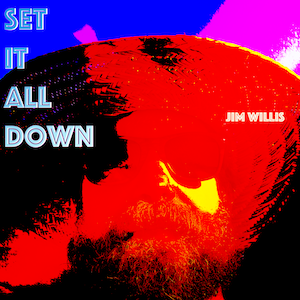And so instead of asking how to summon the energy or motivation or self-discipline to do something that matters to you, it’s often more helpful to ask: What if this might be a lot easier than I’d been assuming?
I talked about it with J, the man I live with, and he suggested three hours. Three hours! The very thought gave me an anxiety attack. How about two hours? Two hours! The very thought One hour? More reasonable, but still not possible. Half an hour? Getting closer but still too much. Fifteen minutes? Fifteen minutes. Fifteen minutes. Now there was a figure I could imagine. A nice solid amount of time, an amount of time I knew I could live through every day. People laughed when Valian told them of her fifteen-minutea-day plan, because it sounded pathetic. In fact it was the opposite. Asking yourself what it would actually entail to befriend the gnawing rats in your life is an act requiring real courage – more courage, perhaps, than the standard confrontational
It’s not that systems for getting things done are bad, exactly. (Rules for meaningful productivity do have a role to play, and we’ll turn to some of them later.) It’s just that they’re not the main point. The main point – though it took me years to realize it – is to develop the willingness to just do something, here and now, as a one-off, regardless of whether it’s part of any system or habit or routine. If you don’t prioritize the skill of just doing something, you risk falling into an exceedingly sneaky trap, which is that you end up embarking instead on the unnecessary and, worse, counterproductive project of becoming the kind of person who does that sort of thing.
(‘Our suffering,’ as Mel Weitsman, another Zen teacher, puts it, ‘is believing there’s a way out

